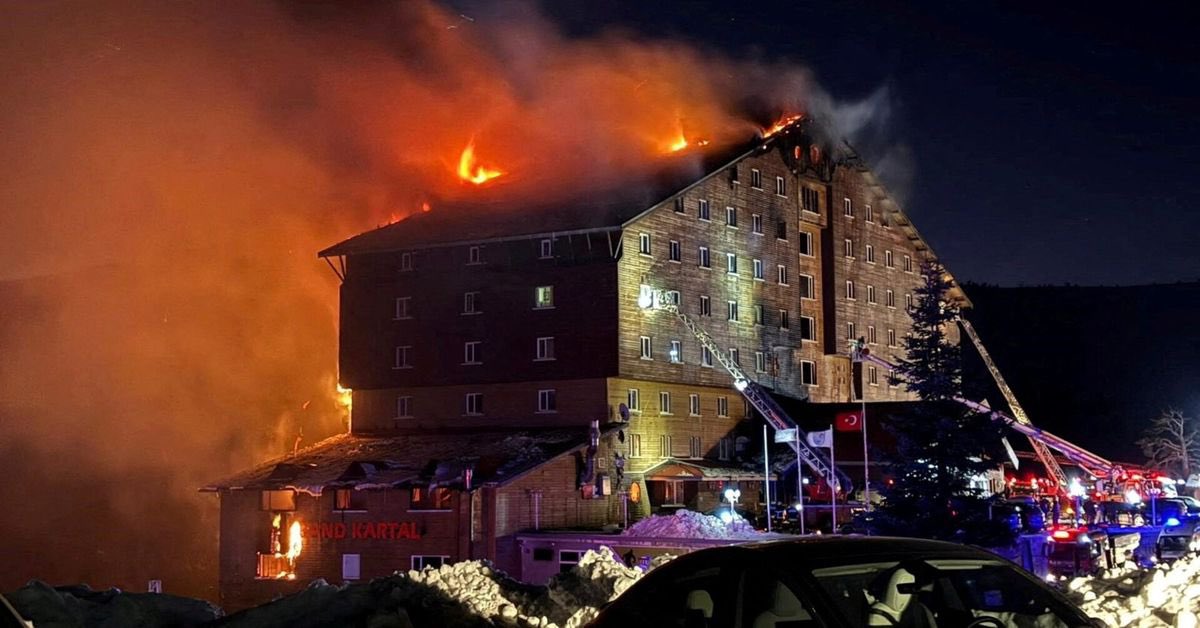Serbia is burning with anger. For the fifth night in a row, anti-government demonstrators have poured into the streets, clashing with police and setting fire to ruling party offices.
The latest wave of violence shook Valjevo, where masked protesters torched facilities of the Serbian Progressive Party (SNS). Police answered with stun grenades and tear gas. Videos online showed officers assaulting a man, sparking more claims of brutality — claims the Interior Ministry denied.
The protests began last November after a railway station collapsed in Novi Sad, killing 16 people. Many Serbs believe negligence and corruption caused the disaster.
What started as candlelight vigils soon grew into a mass movement of hundreds of thousands demanding early elections and reforms. But tensions escalated this week when pro-government loyalists staged counter-rallies.
SNS offices and flags have since become targets. Protesters also smashed windows at the Serbian Radical Party, a coalition ally of President Aleksandar Vučić.
In Belgrade and Novi Sad, chants against Vučić grew louder. Many accuse his 12-year rule of being steeped in corruption and authoritarianism. The protests, they say, are no longer about one tragedy but about a broken system.
Vučić Defiant as World Watches
International concern is rising. Michael O’Flaherty, the Council of Europe’s human rights commissioner, condemned police actions as “disproportionate force” and urged an end to arbitrary arrests.
But President Vučić has refused to bend. In an Instagram post, he dismissed the unrest as “an expression of total weakness” and promised to “punish the bullies.”
Russia, a key ally, backed him. “We cannot remain unresponsive to what is happening in brotherly Serbia,” Moscow’s Foreign Ministry declared, calling police actions “lawful methods” to deal with “violent mobs.”
With protesters refusing to back down and Vučić rejecting early elections, Serbia faces its toughest political crisis in over a decade. The question remains: can the anger of the streets force real change, or will repression deepen the divide? And any lesson for Nigeria’s leaders on listening to the people before their anger boils over?Rate, Like 👍, Comment💬, share this article, Follow us on our social media handles, and Submit your own story to get featured and earn rewards!






